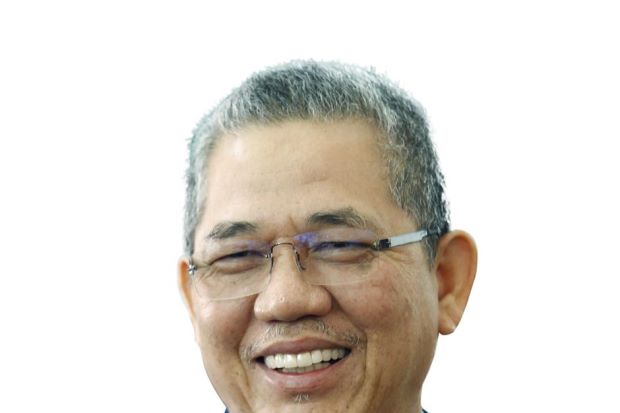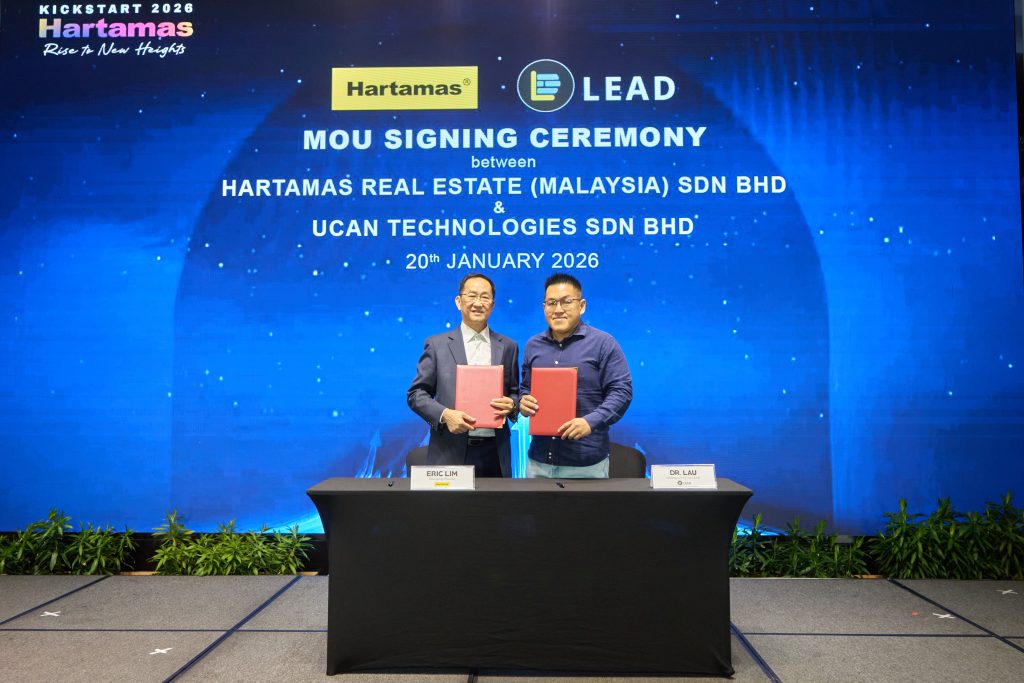KUCHING: Construction industry players are urged to prioritise sustainable practices and conduct proper planning in their projects to reduce impact of energy consumption and implications on the environment.
Works Minister Datuk Seri Fadillah Yusuf said the Building Information Modelling (BIM), to help manage the life cycle of roads and construction projects, was one such initiative that should be embraced to enhance sustainability.
BIM, developed by the Works Ministry together with the Construction Industry Development Board (CIDB), can help reduce the generation of on-site waste and develop competencies in line with Malaysian Standards for Construction Specification that includes green technology requirements.
Fadillah said the Government allocated RM6.6bil under Budget 2018 towards providing quality infrastructure, including the Pan-Borneo Highway, development of communication infrastructures, construction of rural roads and other people-centric projects.
Fadillah said the Highway Network Development Plan 2020-2030 was formulated to ensure all infrastructure can accommodate future traffic needs.
This plan determines the development of new roads or upgrading of existing routes.
The ministry has also implemented Blackspot Treatment Project to improve high-risk accident areas.
Fadillah said the ministry had implemented the Energy Efficiency Master Plan, targeting to reduce energy consumption up to 9.5% by 2021 in the industrial, commercial and residential sectors.
Other innovations included the introduction of Cuplump Modified Asphalt (CMA) technology, proven to improve resillience and durability of roads in terms of resistance to cracking on its surface.
He added that cuplump was found to increase viscocity of the asphalt mixture, rendering it more resistant to higher temperature.
“Malaysia will be the first in the world to use CMA technology. The pilot projects have been conducted at the Kota Bharu-Kuala Krai highway project in Kelantan that comprises a 2km stretch utilising CMA in its resurfacing works,” he added.
On the challenges in the road construction sector, he noted that implementing sustainable practices in Malaysia’s construction industry required significant investment costs.
This financial constraint impedes implementation of new technological concepts. Higher cost incurred for the import of green materials and technology also hinders the shift towards sustainability.
Fadillah said there was an urgent need to upskill the construction workforce to keep pace with the modernisation and efficiency gains to attract locals and reduce dependence on foreign labour.
















































